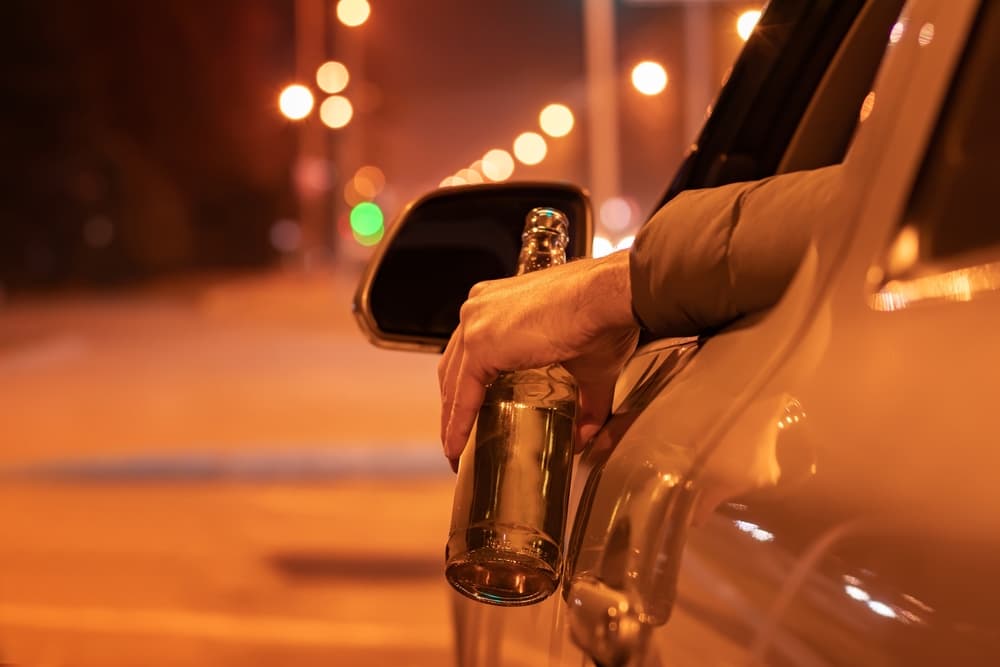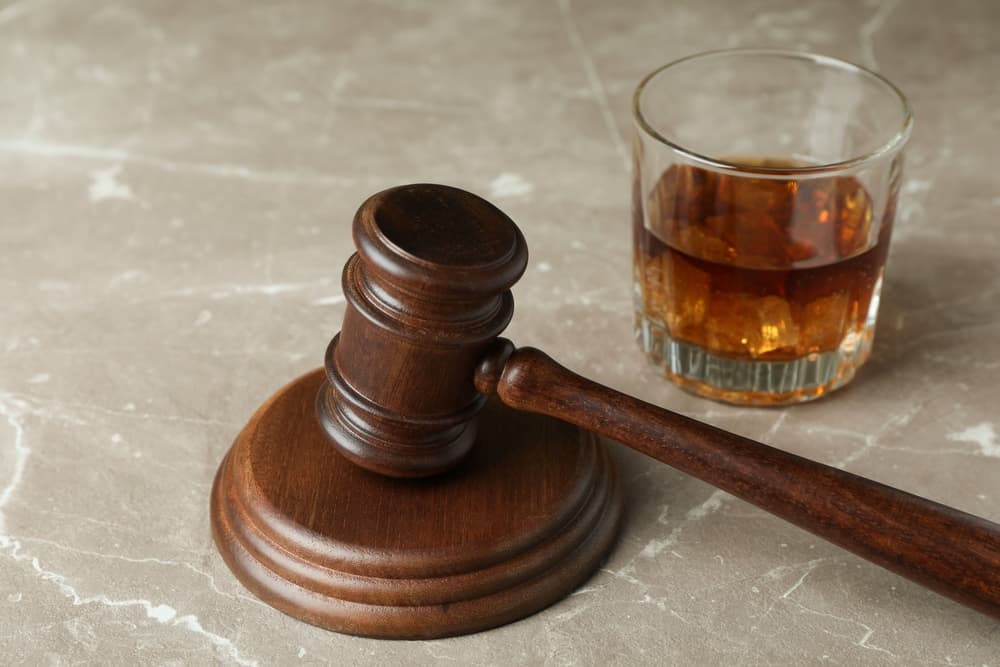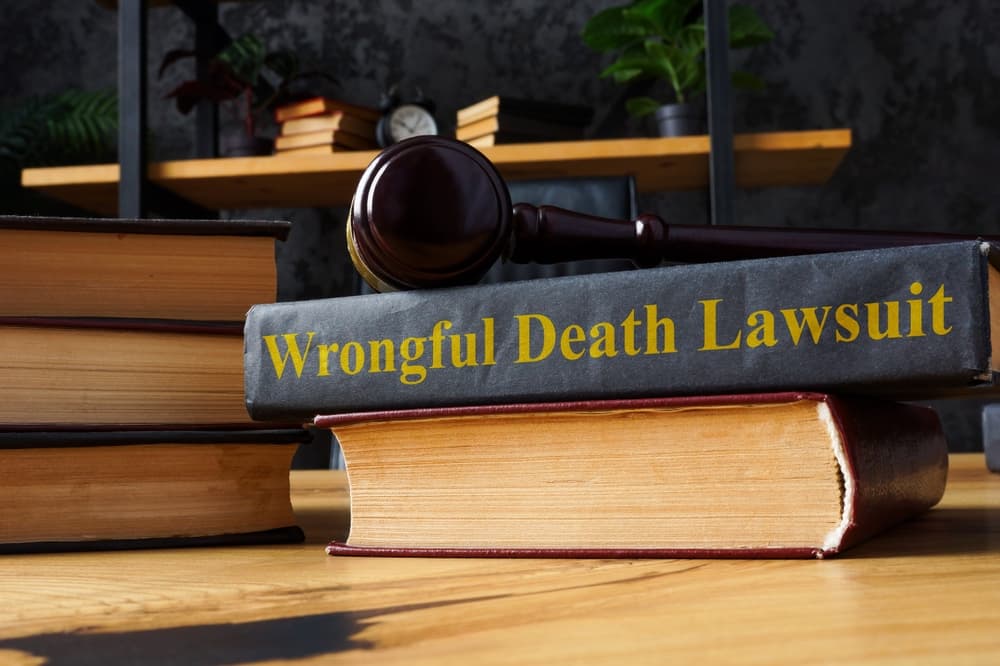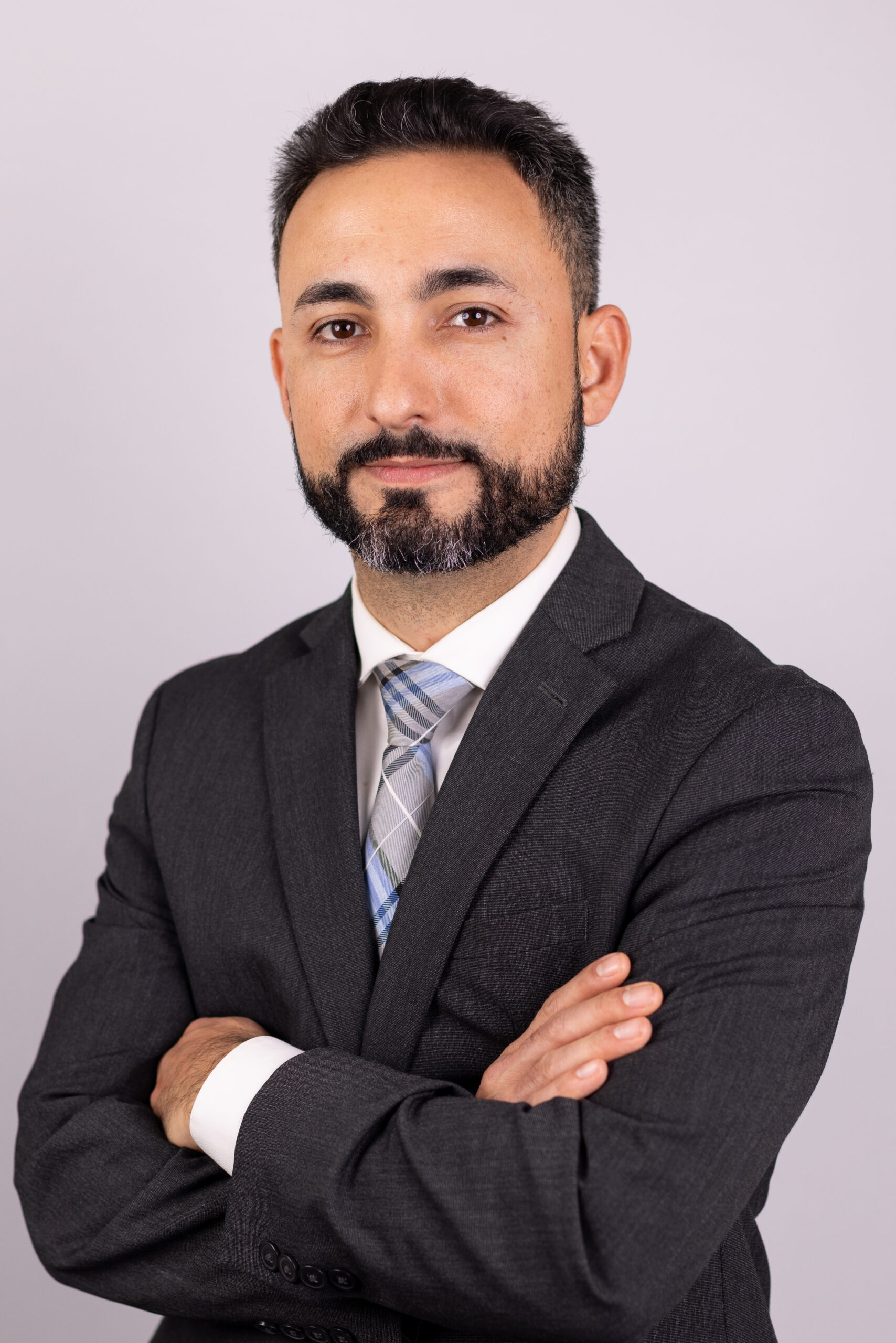Drunk driving accidents are a tragic and preventable calamity that disrupt many lives. When a fatal accident occurs due to impaired driving, determining who is legally responsible is crucial for justice and accountability.
Depending on the specifics of the accident, an investigation may be necessary to determine who is at fault for a drunk driving collision that claims a life. If you’ve lost a loved one in a drunk driving accident, do not hesitate to discuss your case with a wrongful death lawyer. A lawyer can evaluate your case, create a plan to pursue compensation and work to get you the justice you deserve for your loss.
Are Drunk Drivers Always at Fault for an Accident?

Drunk driving accidents are a significant problem throughout the country, causing injuries and fatalities. When a drunk driving collision occurs, the impaired driver is usually always blamed. While, yes, drunk drivers are often responsible for their actions, they may not be the only liable party.
It’s critical to look at the circumstances as a whole to determine why the accident and fatality occurred. In some cases, drunk drivers may only be partially to blame, and when this happens, it’s necessary to investigate and determine who else might be responsible for their wrongdoing.
When you lose a loved one in a drunk driving collision, a wrongful death attorney can conduct a thorough investigation to determine whether the driver was 100 percent at fault. Should other parties share in the responsibility, your lawyer can take proper steps to hold every at-fault party accountable for your loved one’s death.
Understanding the Legal Framework of Drunk Driving Accidents
In the aftermath of a fatal drunk driving accident, several legal concepts may come into play based on the situation and the party at fault for the collision. These concepts include the following:
Negligence
Negligence is a foundational principle in personal injury and wrongful death cases. To say a party is negligent means they failed to act in a reasonable manner that another similarly situated party would have.
To prove negligence, a plaintiff must satisfy certain elements. They must show the defendant had a duty of care, they breached that duty, they caused harm as a direct result of the breach, and the victim’s loved one suffered damages.
In the context of drunk driving, the driver clearly breaches their duty of care by operating a vehicle under the influence of alcohol, which impairs their ability to drive safely.
Dram Shop Laws
Dram shop laws hold alcohol-serving establishments accountable for serving alcohol to visibly intoxicated persons or minors who later cause harm. These laws vary by state, but they often provide a route for victims’ families to seek compensation from bars and restaurants when they are partly to blame for a fatality.
Social Host Liability
In some jurisdictions, individuals who host parties and provide alcohol to guests might be liable if those guests subsequently cause harm while driving under the influence. This liability generally applies when the host provides alcohol to minors or, in some cases, to visibly intoxicated adults.
Vicarious Liability
Vicarious liability is a legal doctrine that holds employers responsible for the negligent actions of their employees performed within the scope of their employment. If a drunk driving accident involves a commercial vehicle or occurs while the driver is on duty, the employer may also be held liable.
The Drunk Driver’s Liability
The primary party responsible for a fatal drunk driving accident is the driver. Drunk driving is a criminal offense and a significant breach of the duty of care owed to other road users. The driver’s liability is usually straightforward in these cases.
Civil Liability
In a civil lawsuit, the family of the deceased can seek damages from the driver for wrongful death. The plaintiffs must prove the driver’s impaired state was the direct cause of the accident and the resulting fatality. Damages include compensation for both monetary and non-monetary losses.
Criminal Responsibility
Because driving under the influence is illegal in all states, the drunk driver is likely to face criminal charges as well. These charges may include driving under the influence (DUI), manslaughter, or vehicular homicide.
The criminal court’s determination of guilt does not automatically equate to civil liability but provides a basis for the driver’s negligence. Unlike civil liability, where the driver is financially responsible, criminal liability can have other serious consequences, including costly fines and prison time.
Liability of an Alcohol-Serving Establishment

Under dram shop laws, establishments that serve alcohol can be liable if they serve alcohol to individuals who are visibly intoxicated or to minors, and those individuals subsequently cause harm. These establishments can include bars, restaurants, and liquor stores.
The key elements to prove dram shop liability vary but usually include:
- Service to an intoxicated person or minor: The plaintiff must show that the establishment continued to serve alcohol to the driver after they were visibly intoxicated or, alternatively, that the establishment served alcohol to a minor. Establishments have a duty to refrain from serving patrons who are obviously drunk or are under the legal drinking age of 21.
- Causation: It must be established that the driver’s impairment due to the alcohol served at the establishment was a direct cause of the fatal accident.
Dram shop laws differ widely between states. Some states have robust dram shop statutes with clear guidelines, while others have limited or no such laws. Legal counsel familiar with local dram shop law is essential in navigating these claims.
Social Host Liability
Social hosts may be liable under certain conditions if they provide alcohol to guests who subsequently cause harm. Laws often protect social hosts from liability; however, when minors and intoxicated adults are involved, the law can provide an avenue to hold social hosts responsible for accidents and fatalities.
In most jurisdictions, social hosts can be liable if they provide alcohol to underage individuals who then drive and cause an accident. A common scenario involves teenagers having a house party and serving alcohol with an adult present and supervising. If any teen leaves the party and causes another harm, that adult can be at fault.
Liability for serving alcohol to visibly intoxicated adults or known alcoholics is less common but may exist in certain jurisdictions. The host must have known or should have reasonably known that the guest was intoxicated and that continuing to serve them might lead to harm.
Claims against social hosts can be a bit more challenging to navigate. To succeed in a claim against a social host, plaintiffs must generally show that the host had knowledge that minors were underage or prove the host intentionally or willfully served minors, intoxicated individuals, or alcoholics.
Vicarious Liability
When an employee causes a fatal accident while driving under the influence, the employer may also be liable under the doctrine of vicarious liability.
To hold an employer liable, it must be proven that the employee was acting within the scope of their employment at the time of the accident. This typically means the employee was performing job duties or tasks related to their employment. For example, a truck driver’s employee may be vicariously liable if a truck driver caused a fatal accident while en route to make a delivery.
Employers have a duty to enforce policies regarding substance abuse and to ensure that employees who operate company vehicles are fit to drive. Failure to implement and enforce such policies can also be a factor in determining employer liability.
Filing a Claim for a Fatal Drunk Driving Accident

As mentioned, when a loved one dies in a drunk driving accident, surviving family members may have a valid claim for wrongful death.
A wrongful death claim is a legal action brought when someone dies due to negligent, reckless, or intentional actions of another person or entity. Essentially, it is a way for the deceased’s family or other dependents to seek compensation for the financial and emotional losses they suffer as a result of the death.
Depending on the circumstances, victims’ families can seek damages from the at-fault party’s insurer. However, in many cases, even if an insurance claim is an option, settlement offers may not be enough to provide sufficient compensation, so filing a wrongful death lawsuit might be necessary.
Wrongful death claims can be particularly difficult to handle. Therefore, it’s especially helpful to seek legal help from a qualified wrongful death attorney to provide guidance, support, and direction for your case.
Who Can File the Lawsuit?
Not just anyone is allowed by law to file a wrongful death lawsuit. Instead, it’s necessary to turn to state statutes to determine who can handle this type of claim.
In some states, wrongful death lawsuits can be filed by certain individuals, including spouses, children, or parents. Additionally, dependents may have the opportunity to file wrongful death claims.
On the other hand, some states only allow the victim’s personal representative to file a wrongful death lawsuit. A personal representative, also called an executor, is the party responsible for a person’s estate after their passing. They handle various tasks, including notifying beneficiaries of the death, distributing property and assets, and filing wrongful death claims when necessary. The personal representative files the wrongful death lawsuit on behalf and for the benefit of the victim’s family and dependents.
When you’re interested in filing a wrongful death lawsuit after a fatal drunk driving accident, discuss your case with a lawyer. Your attorney can apply local laws and help you decide who should handle the wrongful death claim if necessary.
Compensation for Wrongful Death Lawsuits After Fatal Drunk Driving Accidents

Compensation for wrongful death lawsuits provides financial relief to the victim’s survivors and dependents. The types of available damages vary by jurisdiction and the specifics of the case, but generally fall into several different categories, including economic, non-economic, and punitive damages.
Economic damages cover compensation for monetary losses, which can include:
- Funeral and burial expenses: Reimbursement for the costs associated with the victim’s funeral and burial.
- Medical expenses: If the deceased incurred medical expenses before passing away due to the drunk driving accident, these can be compensated.
- Lost income and earning capacity: Compensation for the income the deceased would have earned if they had lived. This can include salaries, bonuses, and other forms of compensation.
Non-economic damages represent intangible, non-monetary losses such as:
- Loss of companionship: Compensation for the emotional loss and suffering experienced by the surviving family members, such as loss of love, care, and support.
- Pain and suffering: These damages may compensate for the pain and suffering endured by the victim before their death or by the family after the loss of their loved one, depending on what the law allows.
Some cases also allow for punitive damages. These damages apply where the defendant’s actions were particularly egregious or malicious. The goal of punitive damages is to punish the drunk driver for their wrongdoing and deter similar conduct in the future.
Time Limits to Take Action Following a Fatal Collision
If you’ve lost a loved one in a fatal drunk driving accident, it’s understandable to take some time to grieve and heal. However, it’s important to remember that there is limited time to take legal action and pursue justice.
Your state's statute of limitations imposes a strict time limit to file your legal claim. Depending on your state’s statute, you may only have one to three years to file your wrongful death lawsuit. Failing to file your claim in time can result in forfeiting your rights to justice and financial recovery.
As soon as you can, discuss your case with a wrongful death attorney. Hiring a lawyer ensures your claim is handled on time and you avoid errors and missed deadlines.
A Lawyer Can Establish Liability for a Fatal Drunk Driving Accident
Determining who is to blame after a fatal drunk driving collision may involve a detailed investigation, as this is one of the most important parts of your claim. Each case is unique, involving various details and considerations.
When you lose a loved one in a fatal drunk driving accident, it is crucial to consult with an experienced legal professional. A personal injury attorney in Tampa can build and strengthen your case to prove the responsible party’s wrongdoing and get you the case result you deserve for your untimely loss.

